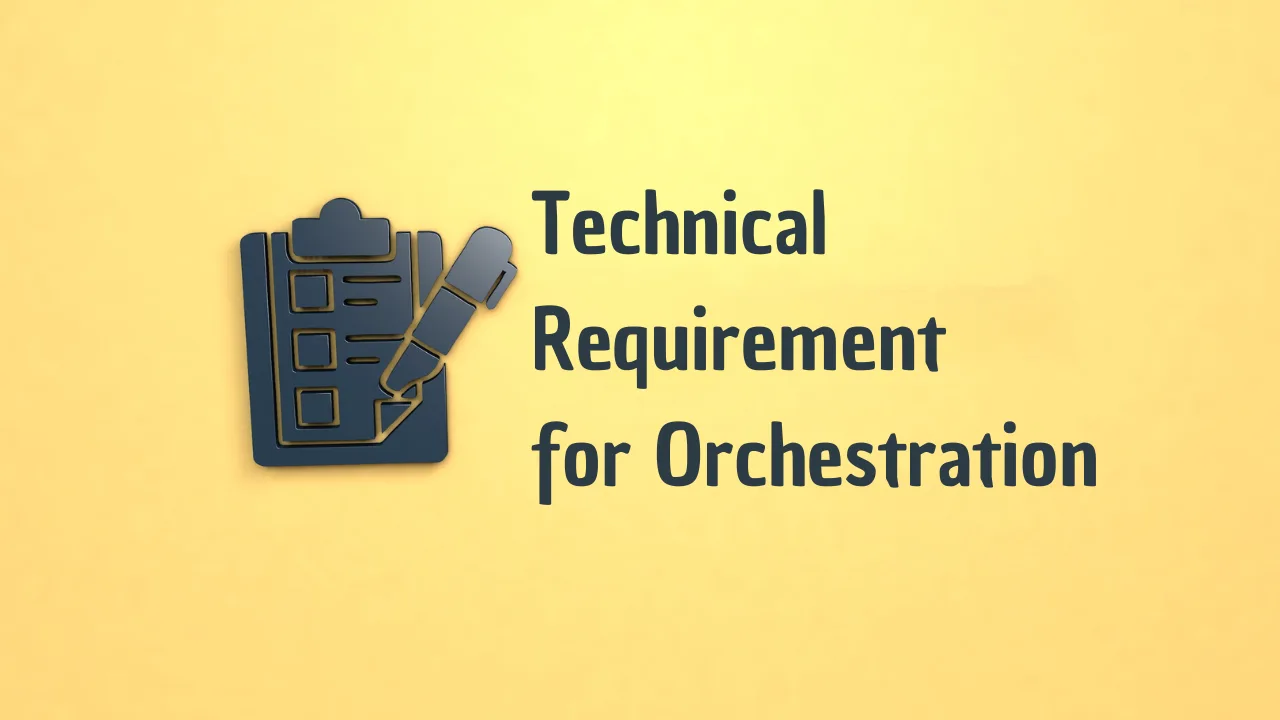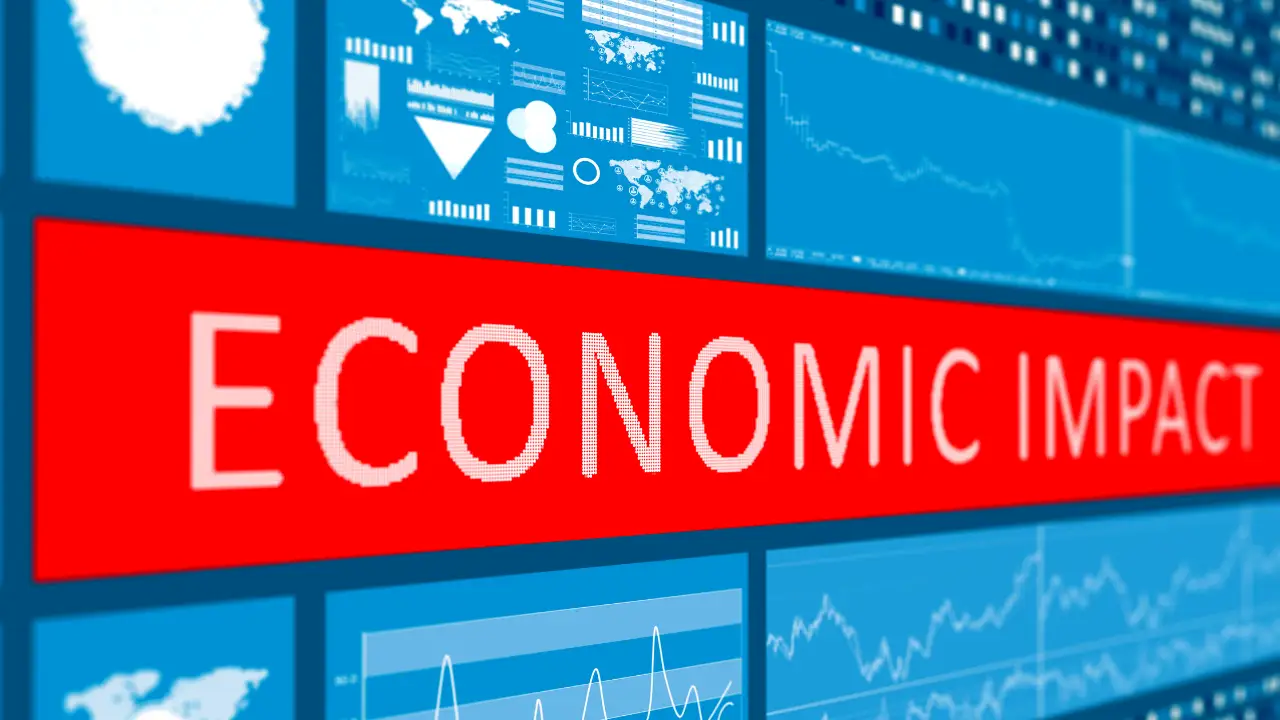Fierce competition has made companies go looking for suppliers in far off destinations like Bangladesh, China, and Mexico etc. in the hope of lower labor wages and lower manufacturing cost. While, this has proved beneficial to the companies giving them much needed respite in the profit margins and to an extent helped the supplier countries in the form of foreign investment, creating employment for the population and helping alleviate poverty but, at what cost?
Conflict minerals – Tin, Tungsten, Tantalum and Gold which have wide usage from electrical equipments to jewelry, have been a bone of contention between the government and organizations for years in the Democratic Republic of Congo (DRC). This is because of extensive violations of human rights and the conditions under which these minerals are extracted from DRC and its neighboring nine countries and passed, via middlemen, to companies across the globe.
It’s almost going to be year since the horrific Rana Plaza fire in Bangladesh that killed more than 1,100 garment workers. Bangladesh is the world’s second-largest exporter of clothing after China. Yet, the working conditions in the factories are not fit for humans to say the least. As per a recent article in The New York Times, retail giants like H&M, Walmart, Benetton and J.C. Penny employ four million workers in Bangladesh. About 90 percent of these workers are women, and they earn wages that are among the lowest in the developing world. China is no stranger to human rights violations. Apple Inc.’s factories in China have been accused of inhuman working conditions in its factories. Even Nike was accused of forced labor way back in 1990.
It’s not just the companies who are at fault. The problem runs deeper with corruption rate often being high in these countries. However, with wide spread media coverage and public protests that tarnished the public image of the big companies, things are improving, though at a snail’s pace. For instance, a special board appointed by the Bangladesh government called for a 77 percent increase in the minimum wage. Several big European companies have signed an Accord on Fire and Building Safety in Bangladesh. United States have signed a less-ambitious agreement known as the Alliance for Bangladesh Worker Safety.
The global supply chain is very complex]. It often runs into tiers of suppliers. Many a times the company is not even aware if the supplier has sub contracted the work, and the sub contractor has further contracted the work to other supplier. Getting visibility and incorporating accountability in such a supply chain an uphill task.
Organizations need to realize the responsibility they hold towards the society and the reputational risk on account of failure by flouting the rules and responsibilities. Organization can leverage technology to collect and store legal and other data related to supplier factories. They should also carry out on-site audits at the supplier/sub supplier factories for better accuracy of the information provided by the supplier.
The New York Times article goes on to mention initiatives that are helping make supply chain more responsible. It talks about Better Work, a joint venture of the International Labor Organization and the International Finance Corporation. Better Work provides public factory-level assessments of garment industry conditions in eight nations, including Cambodia, Indonesia, Nicaragua and Haiti. It has just initiated a program for Bangladesh. Each Better Work program is a voluntary partnership with the national government, employers, workers and international buyers.
Running a transparent and responsible supply chain is difficult. Yet, it is something that organizations can longer choose to ignore.




























































